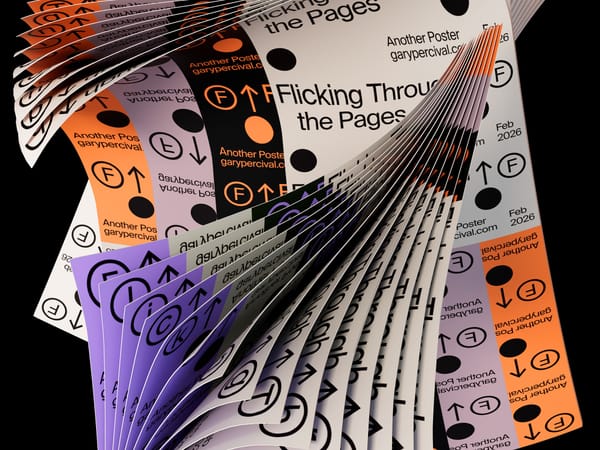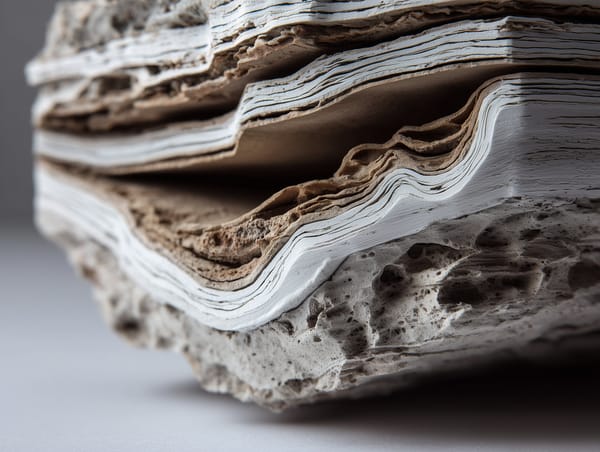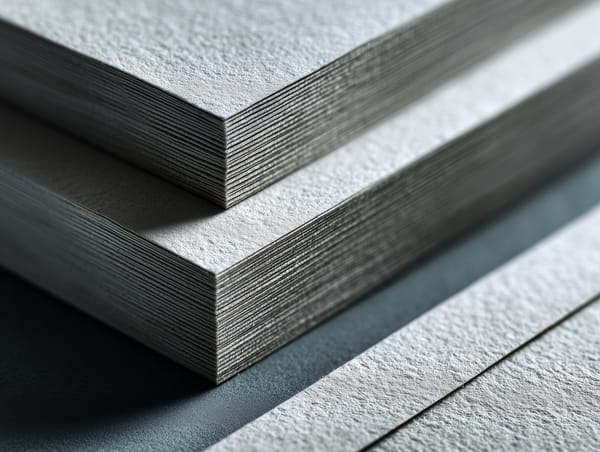Impatience Is Costing You More Than You Think
"Don’t confuse a lack of speed with a lack of progress."
In a world built for instant gratification, patience has become a creative superpower.
We want results now. Growth now. Recognition now.
And when it doesn’t come fast enough, we start to doubt ourselves.
We question our skills. We tweak our style. We chase trends.
Not because we’ve lost our passion—but because we’ve lost our patience.
But here’s the truth most creatives don’t want to admit:
Impatience isn’t just frustrating—it’s expensive.
It costs you clarity.
It costs you consistency.
And in the long run, it can cost you your best work.
The Real Cost of Moving Too Fast
When you’re impatient, you start looking for shortcuts.
And in creative work, most shortcuts end up costing time, not saving it.
- You take on work that’s not a good fit—because it’s available now.
- You underprice yourself—because waiting for better feels risky.
- You abandon long-term ideas—because they don’t pay off instantly.
- You jump platforms, styles and strategies—without giving any of them time to take root.
It’s not that you’re lazy or unfocused. It’s that you’re human.
We all want signs that what we’re doing is working.
But the creative path rarely gives those signs in real time.
Patience Isn’t Passive
Let’s be clear: patience doesn’t mean sitting around, waiting for things to magically fall into place.
Real patience is active.
It’s the quiet discipline of showing up before the work pays off.
It’s choosing to stay with a project longer than your comfort zone allows.
It’s trusting that small, consistent effort compounds—even when no one is clapping yet.
The creatives who build meaningful, lasting work aren’t the ones who got lucky fast.
They’re the ones who learnt how to wait with purpose.
Why Impatience Feels So Loud
The moment you commit to a long game, your brain starts screaming:
“What if this doesn’t work?”
“What if I’m wasting time?”
“What if I look stupid?”
So, you check metrics. You refresh inboxes. You redo your website. You scrap the idea that just needed a little more time.
Impatience makes noise.
It drowns out intuition.
It pushes you into reaction mode, not creation mode.
And that noise? It’s not a signal to quit.
It’s just a sign you’re getting close to something worthwhile.
What Patience Actually Looks Like
In a practical, everyday sense, patience might look like:
- Finishing that passion project even when no one’s watching.
- Sticking with your pricing even if others are charging less.
- Posting work that isn’t going viral but is honest.
- Building relationships slowly, instead of asking for favours too soon.
- Trusting that your work is working, even when results are delayed.
It’s not glamorous. But it’s powerful.
A Reminder for the Freelancers
If you’re freelancing right now—and work is slow, or engagement is down, or ideas aren’t flowing—this is where most people bail.
But this is also where the good stuff is forged.
The clients you want take time to find you.
The work you want to be known for takes time to create.
The confidence you’re craving? That takes time too.
Impatience tells you to pivot prematurely.
Patience tells you to refine.
The difference is subtle. But it’s everything.
You’re Not Behind. You’re Building
That creative you admire? They didn’t go viral after two weeks.
That designer who always seems booked? They didn’t get there by rushing.
That freelancer with a clear voice and steady income? They weren’t born with it. They built it—over time.
And chances are, they felt what you’re feeling too.
Frustration. Doubt. Restlessness.
The difference? They didn’t let impatience drive the bus.
Impatience feels urgent, but it rarely leads to better outcomes. The real work—the meaningful, lasting kind—requires time, trust, and quiet persistence.
If you’re not seeing results yet, that doesn’t mean you’re failing.It means you’re still building.
👉 Don’t confuse a lack of speed with a lack of progress.
One More Thing
You can’t microwave a creative career.
The shortcuts rarely lead where you hope.
So next time you catch yourself thinking, “Why am I not further along?”
Try this instead:
“What can I keep showing up for—without proof, without praise, just because I believe it matters?”
Because the longer you’re willing to be patient, the more likely it is that your work will outlast the noise.
Until next time, stay steady, keep showing up, and trust that your pace is enough.
—Gary



